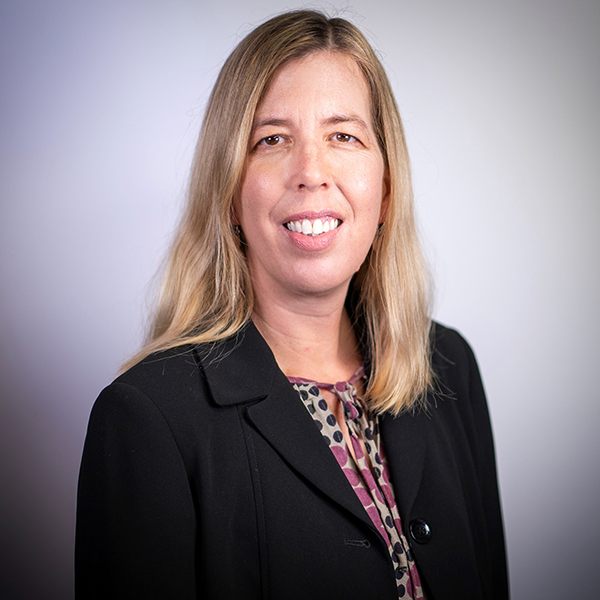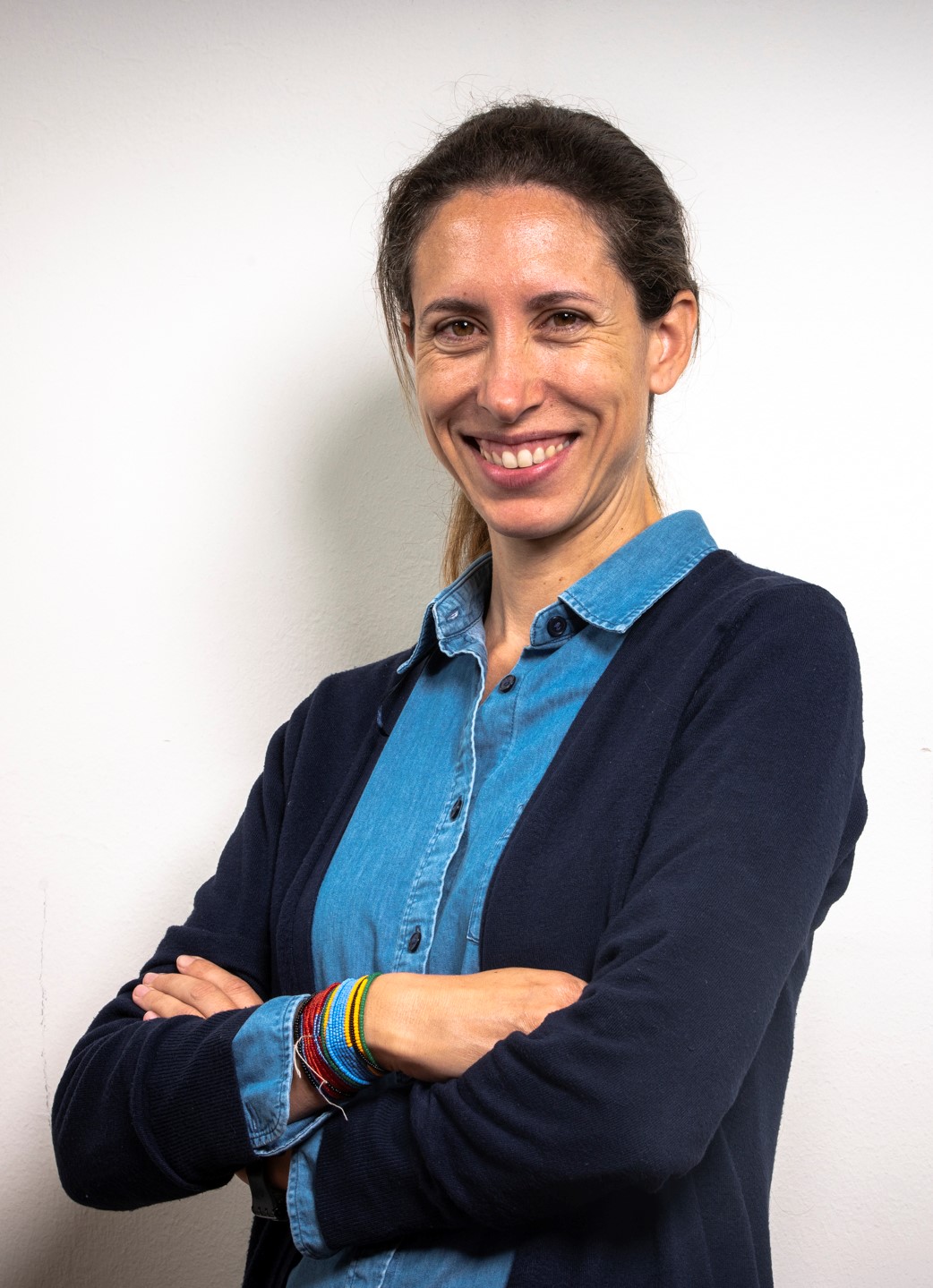© FAO/Thomas Nicolon. Masili Ngereza Afrika (right) and Ngwaba Ameboke are an indigenous hunter-gatherer couple living in the Okapis Wildlife Reserve, Democratic Republic of Congo.
Indigenous territories cover 28% of the planet's surface and host 11% of the world's forests. Through these territories, Indigenous Peoples play a crucial role as guardians of biodiversity. In the fight against climate change, the role of Indigenous Peoples is fundamental in forest and ecosystem conservation, as well as in ensuring the supply of water and oxygen, essential for life.
Despite their importance and cultural richness, Indigenous Peoples often face discrimination, poverty, and exclusion. Their territorial rights, essential for their activities and ways of life, are frequently threatened. Therefore, it is crucial that countries implement mechanisms to protect their rights. In addition to adhering to international instruments such as the United Nations Declaration on the Rights of Indigenous Peoples (2007) and the International Labour Organization (ILO) Convention 169 on Indigenous and Tribal Peoples (1989), some countries have developed specific laws within their national legal frameworks.
For example, the Democratic Republic of Congo adopted a law in 2022 to protect and promote the rights of Indigenous Peoples . Although general in nature, the law guarantees certain rights of Indigenous Peoples within the framework of REDD+ (Reducing Emissions from Deforestation and Forest Degradation in developing countries). There are also progressive legal provisions in the country allowing communities (including Indigenous Peoples ) to obtain perpetual rights over forests up to 50,000 hectares through the approval of a local community forest concession (CFCL). According to the interactive Forest Atlas of the Ministry of Environment and Sustainable Development (February 2024), there are currently more than 166 CFCLs granted in the country, covering a total area of 3,298,270 hectares.
The Democratic Republic of Congo has more than 137 million hectares of forests, which represent 58% of its land surface and are essential for global biodiversity. However, these forests are threatened by factors such as population growth, agricultural expansion, and extractive industries.
For the Indigenous Peoples of the Democratic Republic of Congo, who make up between 1% and 3% of the population, the forest is far more than just a habitat and a source of resources. It is a sacred place, a sanctuary, a pharmacy, a market, and a site for ancestral burial.
International efforts to harness the potential of forests to mitigate climate change have spurred the development of a National REDD+ Framework Strategy in the Democratic Republic of Congo, which in turn offers opportunities to consider sharing the benefits of emission reductions with local populations, including Indigenous Peoples . The REDD+ Investment Plan aims to reduce emissions and generate co-benefits in development and poverty reduction, including for local communities and Indigenous Peoples .
REDD+ efforts in the Democratic Republic of Congo rely heavily on international funding, mainly from the Forest Carbon Partnership Facility (FCPF), the UN-REDD Program, the Forest Investment Program, and the Central African Forest Initiative (CAFI) for specific technical aspects. Thanks to this technical and financial support, the country has made progress in implementing activities and initiatives aimed at reducing emissions related to deforestation and forest degradation.
The Democratic Republic of Congo was one of the first countries to establish a National REDD+ Fund (FONAREDD) in 2015 and the first country in Africa to sign an emissions reduction payment agreement (ERPA) based on results with the FCPF in 2018.
After implementing various REDD+ tools and instruments, the country has made progress in executing activities and initiatives aimed at reducing emissions related to deforestation and forest degradation. These initiatives have been funded by FONAREDD and bilateral agreements, with the private sector also involved in REDD+ projects.
However, despite the existence of a legal framework and available financial resources, as well as the development of instruments that allow for the transfer and sharing of benefits from forest management, the country still faces significant challenges to ensure that Indigenous Peoples receive a fair share of the benefits that adequately reflects their contribution.
A brief analysis on these issues published by UN-REDD has made some recommendations to ensure better access to REDD+ finance by Indigenous Peoples and local communities:
- Development of Tools and Legislation: Strengthen tools such as the grievance redress mechanism and the national methodological guide to improve forest management and the implementation of free, prior, and informed consent (FPIC). Update and complete legislation on land use planning and soil management.
- Technical Support for Funding: Provide additional technical support to Indigenous Peoples and national non-governmental organizations (NGOs) to strengthen their institutional capacities, formulate and execute projects, and access funding. Establish mechanisms to ensure that climate funds reach national NGOs directly.
- Valorization of Local Experiences: Use successful experiences at the provincial and local levels to improve benefit-sharing mechanisms and the application of FPIC.
- Gender Equality: Promote gender equality and literacy to strengthen the role of women in decision-making and access to funding, with increased support from the government and the international community.
Regular dialogue with representatives of Indigenous Peoples , including groups such as the Network of Indigenous and Local Populations for the Sustainable Management of Forest Ecosystems - REPALEF) is crucial to ensure that the evolution of REDD+ in the Democratic Republic of Congo is fair, equitable, and respectful of human rights.
For more information, please consult "Info Brief: Examining Forest Rights of Local Communities and Indigenous Peoples for Better Access to REDD+ Related Funding: The case of the Democratic Republic of the Congo", developed by the FAO team through the UN-REDD Programme (in French).
English:
Join the webinar organized by FAO as part of the UN-REDD program, focusing on improving access to REDD+ financing and forest rights for local communities and Indigenous Peoples in the Democratic Republic of the Congo. The session will be conducted entirely in French. As space is limited, early registration is recommended: https://fao.zoom.us/webinar/register/WN_icn846jlR5m2FhqcxaGtag
Date and time: 28 November 2024 at 15:00 CET
French:
Participez au webinaire organisé par la FAO dans le cadre du programme ONU-REDD, portant sur le renforcement de l'accès aux financements REDD+ et les droits forestiers des communautés locales et des peuples autochtones en République Démocratique du Congo. La session se tiendra intégralement en français. Les places étant limitées, il est recommandé de s'inscrire à l'avance : https://fao.zoom.us/webinar/register/WN_icn846jlR5m2FhqcxaGtag
Date et heure : 28 novembre 2024 à 15h00 CET






